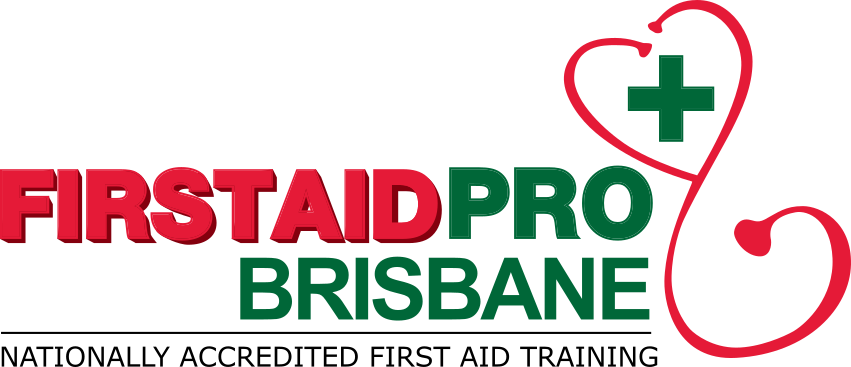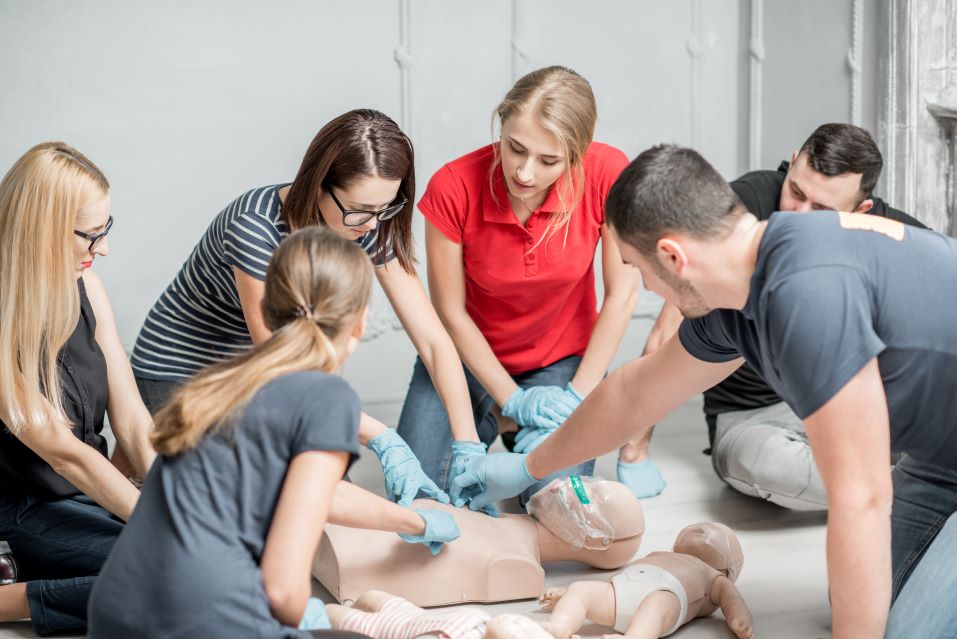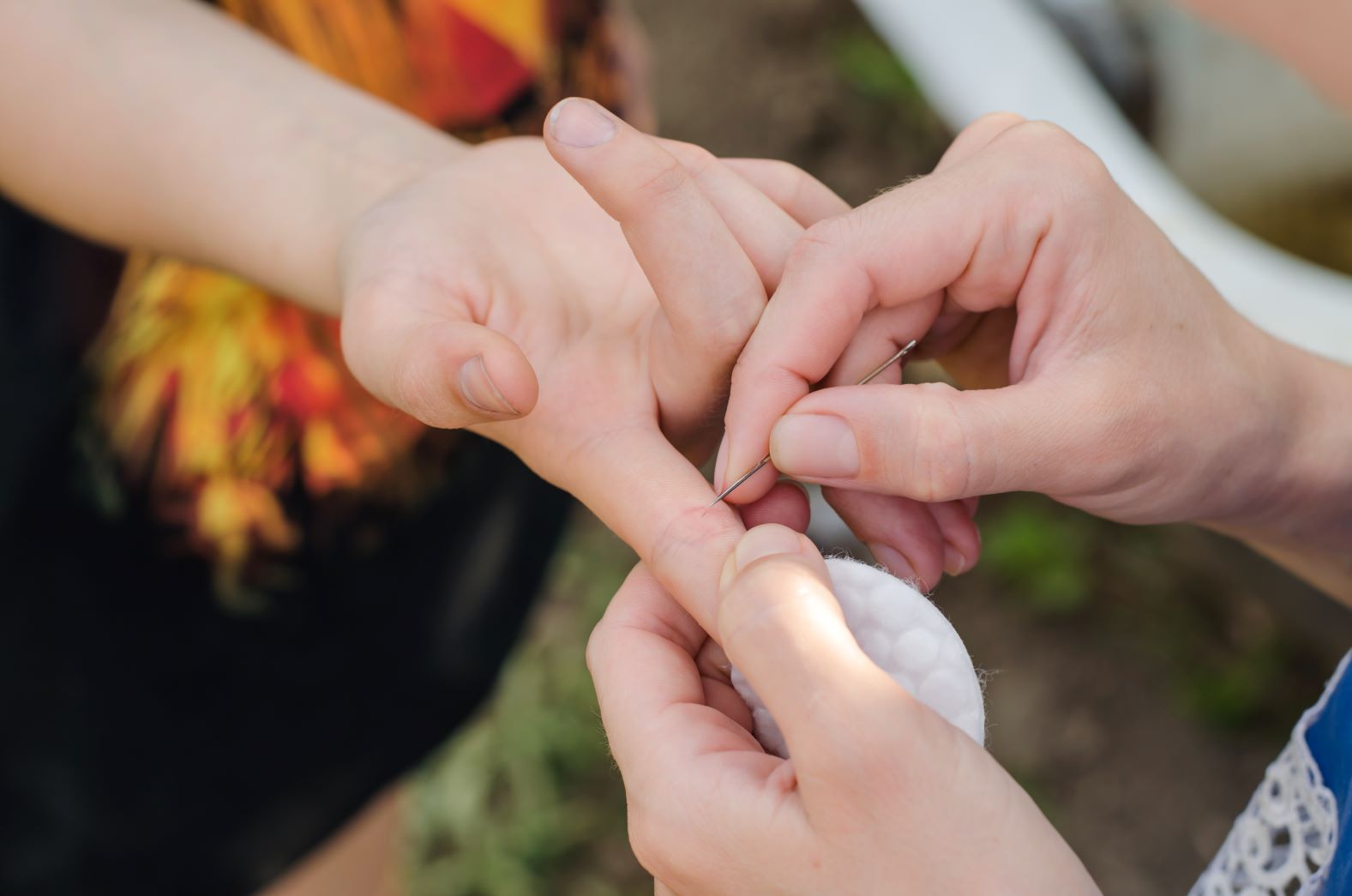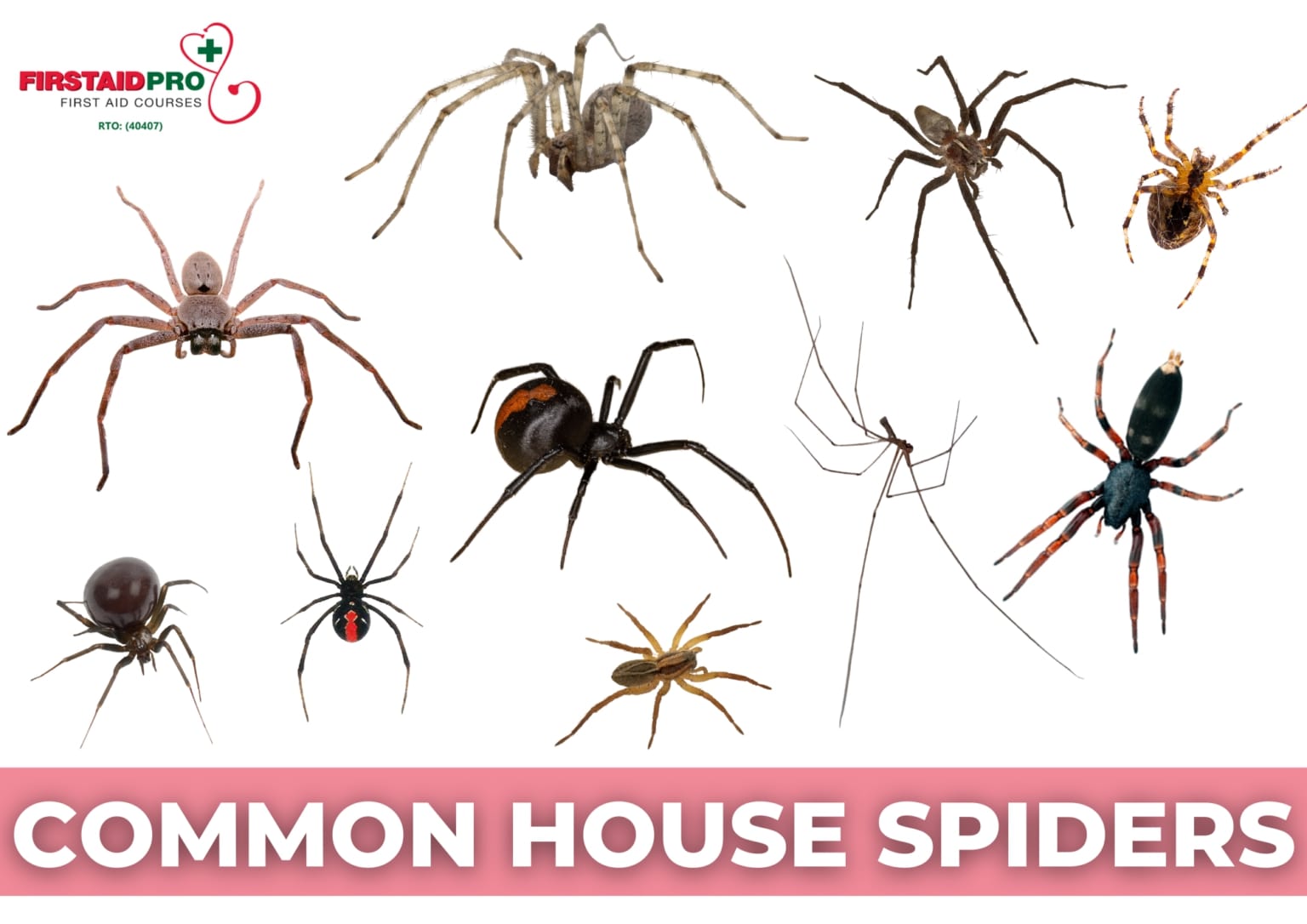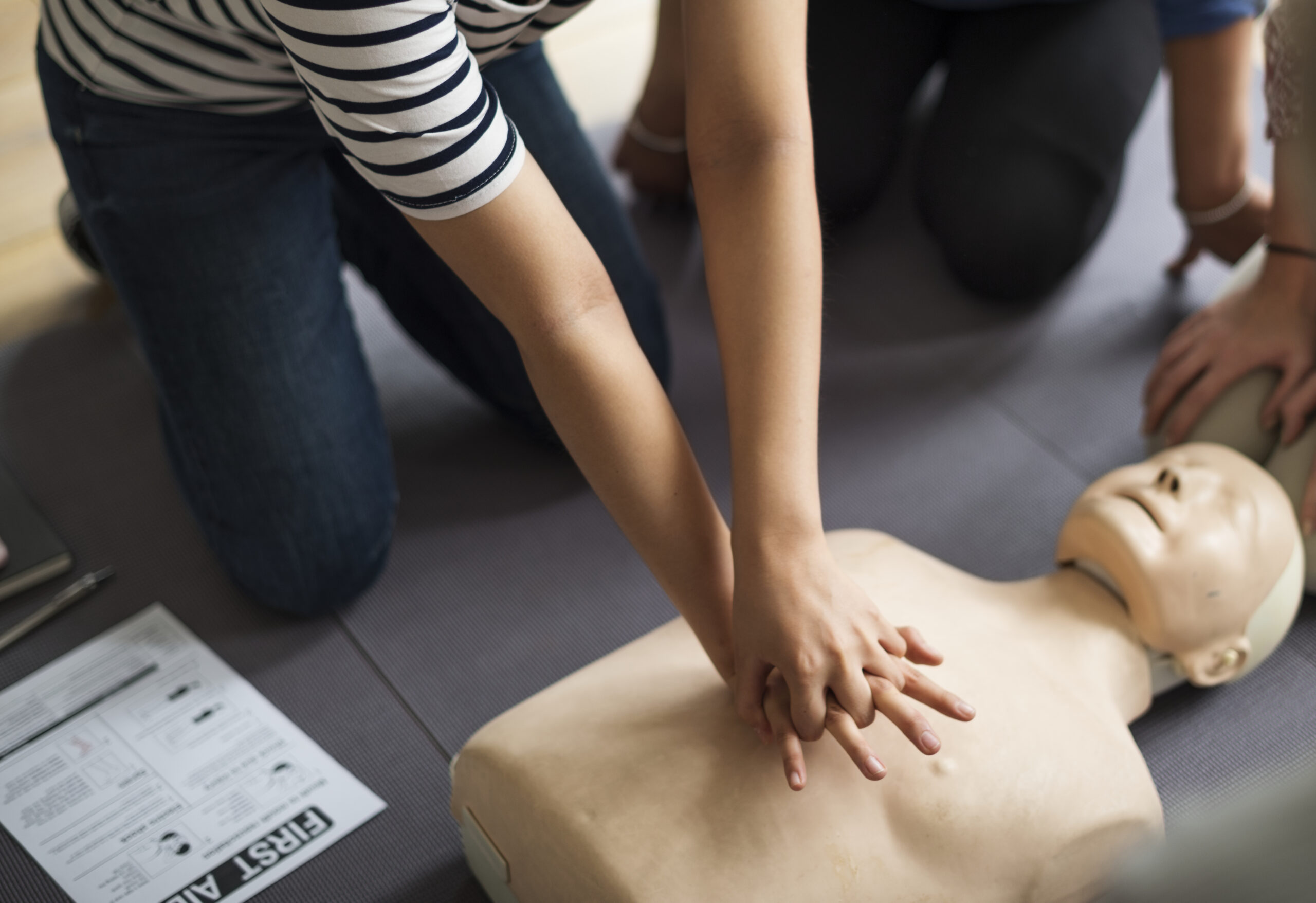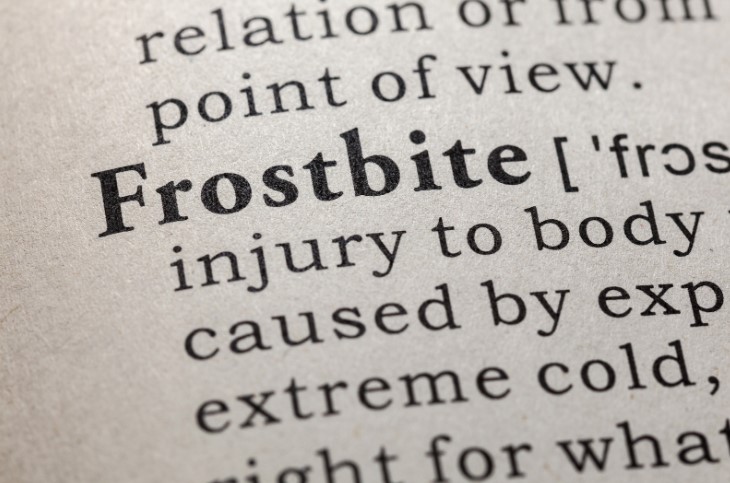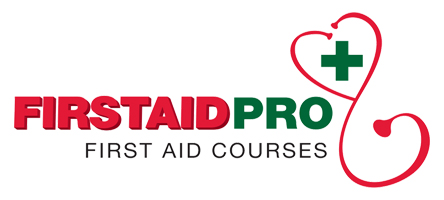The Australian summer is just around the corner, which means knowledge and preparation are keys to ensuring positive outcomes in first aid emergencies.
With summertime fun and activities comes an increased risk of accidental injuries such as cuts, scrapes, falls, and more. Whether you are doing something in the backyard or hiking in the mountains, you will want to equip yourself and your loved one with the right knowledge and supplies.
In this blog, we explain the importance of first aid know-how to have a fun, memorable, and safe summertime.
The Importance Of First Aid Know-How
It is not uncommon for summer fun and activities to take a different turn. Whether you fall on a slippery rock during hiking, deal with seasonal allergies, or get caught in strong waves in the sea – being prepared can make the difference between minor discomfort and spending time in the EP.
The good news is most summertime injuries are not typically a cause for concern and are easily treated with simple first aid.
To avoid serious complications, the key is to have a stocked first aid kit and knowledge of first aid know-how.
Continue reading as we cover tips and tricks to stay safe this summer.
Summer First-Aid Essentials
Have A Properly Stocked First Aid Kit
A bike fall, a painful burn, or a broken ankle – regardless of the unexpected situation, a well-rounded and properly stocked first aid kit is essential in keeping injuries stable and well taken care of.
A rule of thumb when having a first aid kit is to keep one at home, one in the car, and one in the workplace.
Premade first aid kits are available at local pharmacies and drugstores containing basic supplies such as antiseptic wipes, adhesive tape, bandages, gauze, a thermometer, scissors, a first aid manual, and more. Alternatively, you can also build one on your own.
Watch Out For Heat-related Illnesses
Summer activities can sometimes mean long hours under extreme heat and sun exposure. This can result in sunburns and heat-related illnesses such as heat cramps, heat exhaustion, heat stroke, and dehydration.
The symptoms of heat-related illness may vary depending on the degree. Still, it may include muscle cramps or muscle tightening, sudden confusion, dizziness, fatigue, nausea, headaches, and feeling faint.
If not recognised and treated immediately, these conditions can escalate quickly and result in various complications.
If you suspect a person is suffering from a heat-related illness, move them to a cool, shaded area and provide them with a water spray or damp cloth to lower body temperature. If they are conscious and aware of what is happening, have them drink electrolyte replacement beverages to avoid dehydration. If the symptoms persist or worsen over time, call triple zero (000) for help.
Handle Drowning Emergencies
Whether you are at the pool or any open water, knowing first aid for drowning and near-drowning emergencies can save a life this summer.
Although many pools and beaches have lifeguards on duty, there are times that they do not. On top of that, not all the time a lifeguard can handle every possible scenario.
By learning necessary first aid techniques, you can be the person who can help others when faced with an emergency. You will be able to assist lifeguards on duty and provide early care and treatment to victims until professional help arrives.
Avoid Poisonous Snakes And Spiders
It is not uncommon for Australians to encounter a snake or spider when spending time in the great outdoors. While not all species are poisonous, assume they are for best practices (especially if you cannot identify them).
When dealing with snake and spider bites, look for these signs and take appropriate safety measures.
- For spider bites, the common symptoms include nausea, vomiting, sweating, pain, and swelling in the bitten area. If these symptoms exist, call 000 for help. While waiting for professional help, wash the bite site with soap and clean water. Once clean, apply a bag of ice wrapped in a cloth to help with the swelling until medical help is ready to take over.
- For snake bites, the symptoms are similar to what you experience after a spider bite. These include nausea, vomiting, sweating, weakness, and pain and swelling around the bite site.
When dealing with a snake bite, ensure the area is safe before approaching the victim. Back away slowly or go around the snake if it is still nearby.
Once clear, gently wash the bite area with running water and soap. Provide reassurance to the victim to keep them calm and keep the injury in a still position until medical help arrives.
Perform Cardiopulmonary Resuscitation (CPR)
You never know when or where someone can go into cardiac arrest.
According to research, many cases of cardiac arrest occur during the hottest months of the year. For this reason, the ability to provide immediate first aid assistance can be the difference in a person’s chances of survival.
For best practices, the American Heart Association (AHA) recommends assessing the situation and performing a primary survey to make sure the person needs CPR. If they are unresponsive and have difficulty breathing, this is the time to perform CPR.
Before starting the procedure, call 000 and position the individual to ensure they lie flat on their back. Then, place the heel of your hand on the centre of the person’s chest, with the other hand on top.
Start pushing down at least two inches with a rate of 100 to 120 compressions. Follow the rhythm of the famous Bee Gee’s song Stayin’ Alive for the best result. Do compressions alternatively with rescue breathing and make sure the chest rises in between.
Get Trained
Now is the best time to learn first aid skills that will keep you and your families safe in the summertime.
Want to learn how to perform lifesaving steps during an emergency?
Check out our first aid course offered in many training venues across Australia. For more information, contact courses@firstaidpro.com.au or call (08) 7120 2570.
